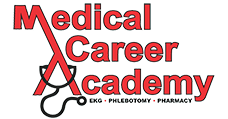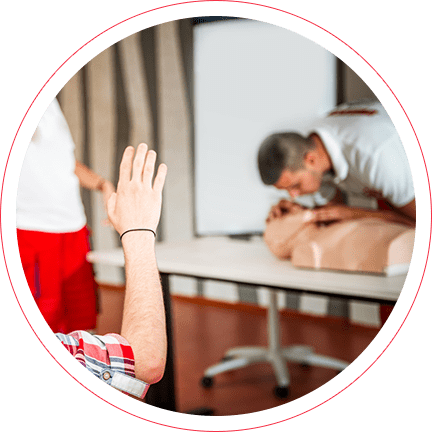Cardiopulmonary resuscitation or CPR is a valuable, life-saving skill. It empowers people to act in the event of a cardiac emergency, enabling them to save someone’s life. However, earning a CPR certification is not easy, especially for people with limited resources. Ultimately, though, becoming CPR-certified has plenty of benefits, five of which are below.
When you know CPR, you could help save lives
According to the American Heart Association or AHA, only 32 percent of cardiac arrest victims get help from bystanders. The majority of people who find themselves in a cardiac emergency—70 percent—feel helpless to act since they do not know how to perform CPR.
Since four out of five cardiac arrest incidents happen at home, people have a greater chance of saving their loved ones if they know CPR. Seconds count; for every minute without defibrillation and CPR, survival chances decrease by seven to ten percent. When you know how to conduct this procedure, you can supply oxygen to the victim, which aids in blood flow and preserves organ functions.
You can help raise awareness for sudden cardiac arrest
SCA or sudden cardiac arrest is a significant problem that few people know how to address. This is a condition that causes the heart to abruptly stop functioning. A person who suffers from SCA could die if their condition is not addressed after even just a few minutes.
92 percent of SCA victims die even before they reach a hospital, according to the AHA. According to them, since people’s survival from this condition depends on the actions in the first crucial minutes, CPR could increase a victim’s chances of survival by two or three times.
You fulfill the need for more CPR-certified individuals
More than 12 million Americans receive CPR certification and training every year, but this number is not enough. Cardiac emergencies do not just happen to at-risk or vulnerable people, so it is always good to have more CPR-certified individuals.
It’s also easy to learn for people of all ages, and it delivers lasting results to all kinds of communities. In areas with in-depth CPR training, survival rates are nearly 40 percent for arrest victims.
You give more value to your place of employment
If you know how to perform CPR, you can immediately help a co-worker who goes into cardiac arrest at the office. Learning how to perform CPR makes you valuable, and it is a useful skill to include in your portfolio. There are training programs available for large groups of workers to learn CPR, and it does not take long to complete.
You learn how to use an automated external defibrillator
An AED or automated external defibrillator is a medical device that you could use in sudden cardiac arrest emergencies. It analyzes the heart’s rhythm and delivers electrical shocks to restore its beat. CPR training includes an orientation on using AEDs—it helps individuals learn how they work and where to find them.
Conclusion
Learning CPR is a lifelong skill that helps others and empowers you at the same time. Training does not take long, and you can get a certification after completing a program. After just four hours, you’ll be equipped with abilities that will allow you to actively respond to emergencies like these.
Get CPR certification in Northwest Indiana from Medical Career Academy. We are dedicated to providing high-quality education and real-life, hands-on experience from skilled instructors. From basic life support to AED training for children to adults, we have you covered. Get in touch with us today for more details.

